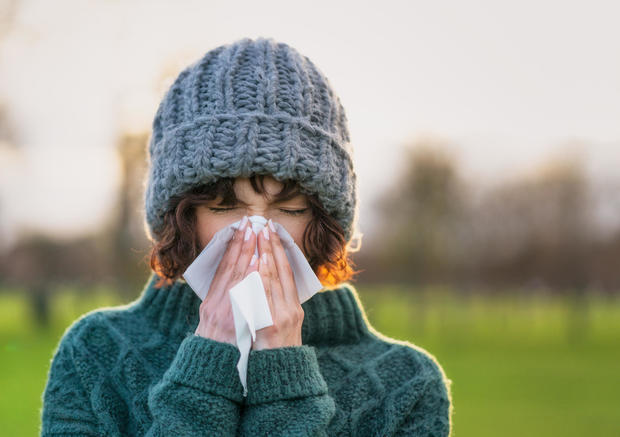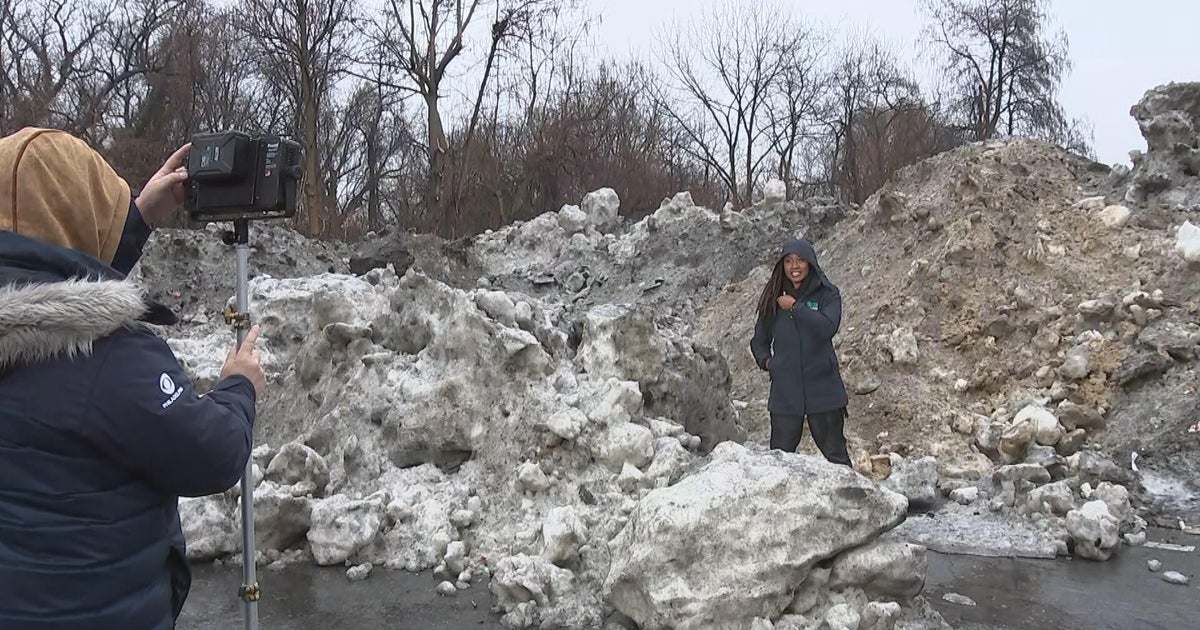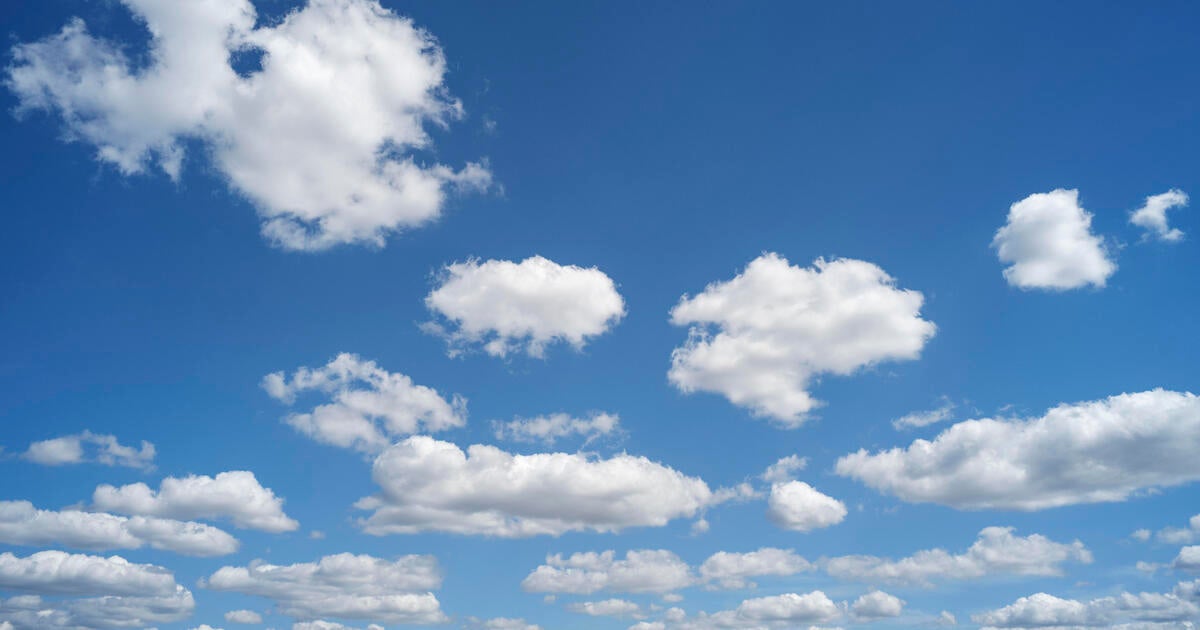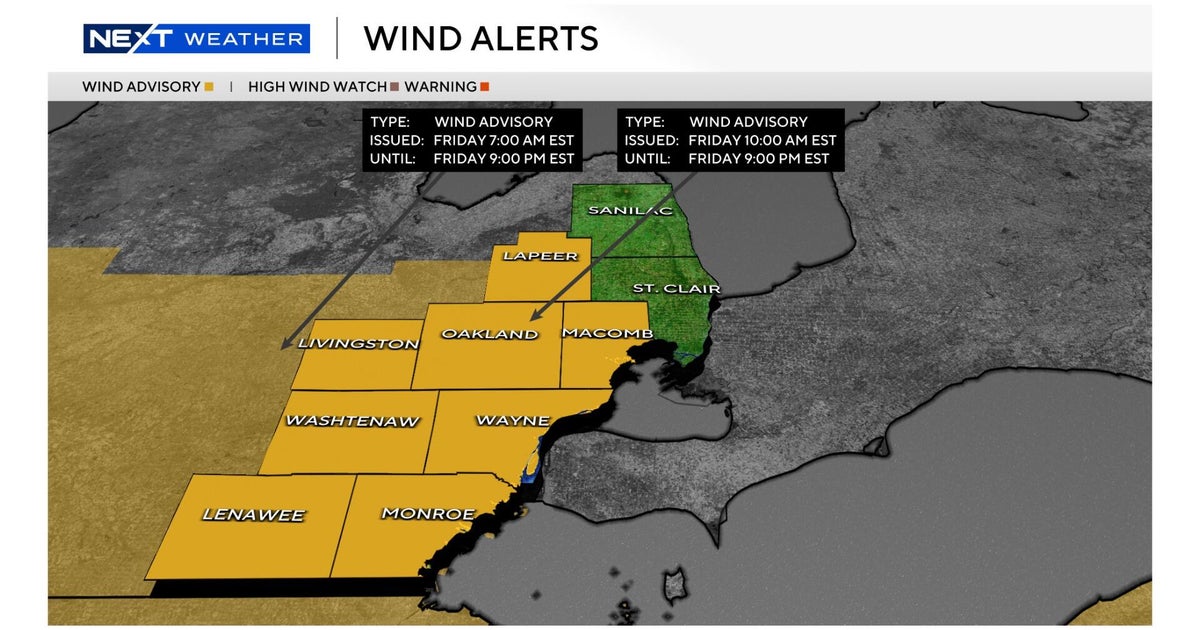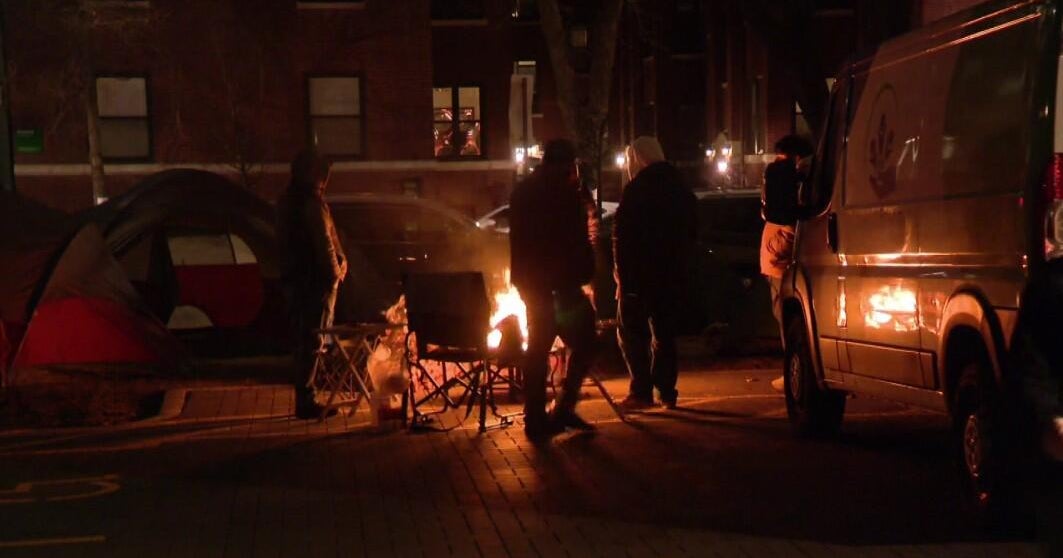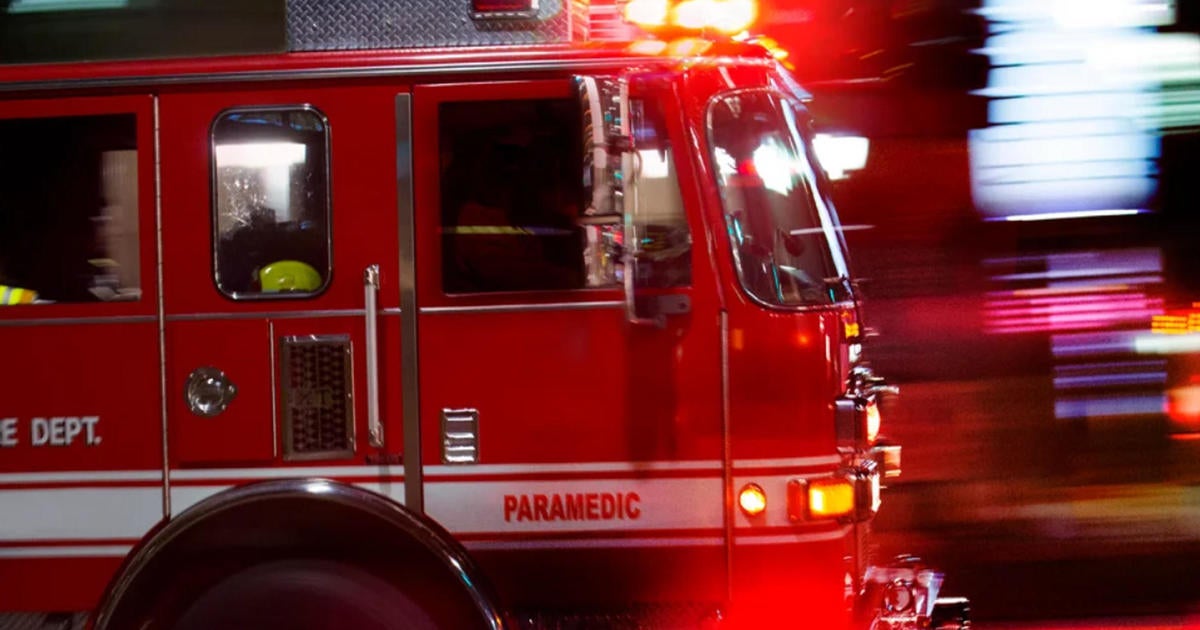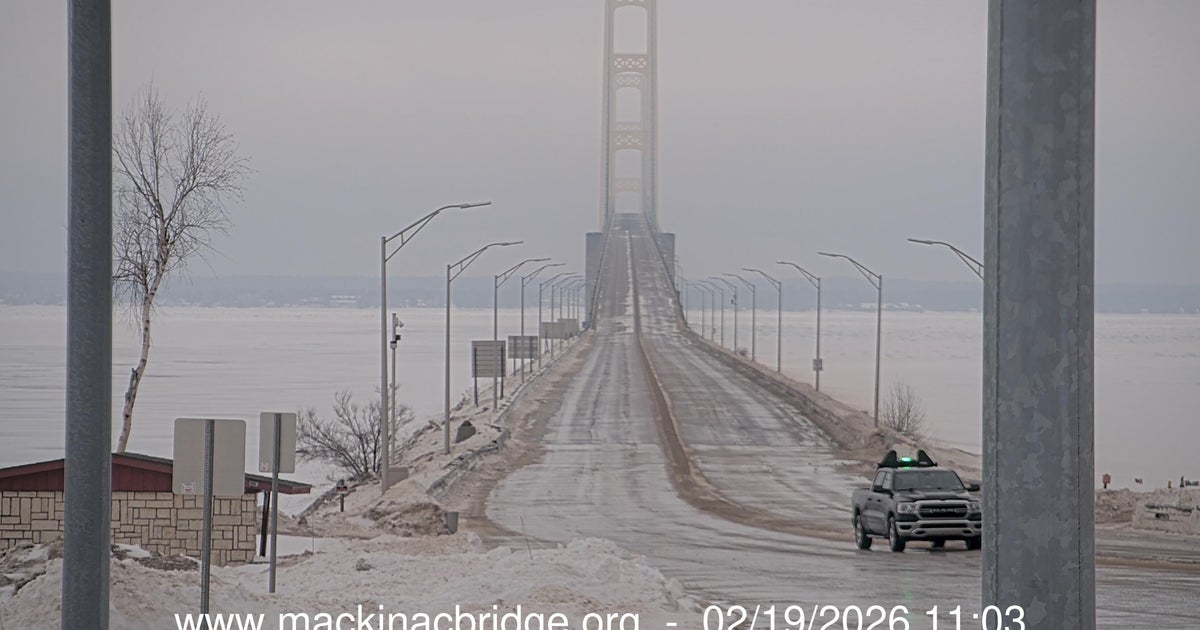Good Question: Why do our noses run in cold weather?
MINNEAPOLIS — Braving the outdoors this week could result in a drippy, messy experience. It's one of the downsides of winter. Why do our noses run in cold weather? And is it worse for some than others? Good Question.
Brutal, yet beautiful. Winter's wrath can still be welcoming, but a skier knows their nose isn't having as much fun, and that tissue is a must.
"When the cold wind blows, the sense of nose will flow," Dr. John Sweet, medical director for the allergy clinic at Hennepin Healthcare, said. "The purpose of the nose is to warm and humidify the air before it enters down into our lungs to prevent irritation."
The human nose can turn air that's below zero degrees to a balmy 80 degrees instantly. The back of the nose also has 100% humidity, adding much-needed moisture before the air can reach the lungs.
"The blood vessels (in the nose) actually swell and expand. That causes the sensation of a congestion or stuffy nose," Sweet said.
Mucus production also ramps up to keep the air moist, turning some noses into faucets.
"There's times you come out here and you can just see beards and everybody's got drippy stuff all over the place," skier Marcus said.
How much mucus can the nose produce when out in cold weather? A lot more than you might think. Sweet said the nose can produce half a liter (16.9 ounces) or more if it's having a strong response.
Vasomotor rhinitis, also known as "skier's nose," is worse for people with allergies, asthma, eczema, and women over 50 years old.
"They're strongly reacting to other environment allergens, so they have a much stronger reflex when they're exposed to cold, dry air," Sweet said.
"It can definitely take away from the ambiance a little," Addie, another skier at Theo Wirth, said. "It's just a part of winter sports as a whole."
The problem doesn't just happen during winter sports. Spicy food, cigarette smoke, and even strong odors like perfume can trigger our noses in the same way cold air does. In the summertime, when you enter a room with air conditioning after being in the heat outside, your nose can also start to drip.
There are ways though to lessen the symptoms.
"A good way to help prevent that is to try to warm the air before it enters the nose," Sweet said.
That can include wearing a scarf or gaiter over your face. Over-the-counter medications also work. Sweet suggests azelastine and antihistamine nasal sprays.

